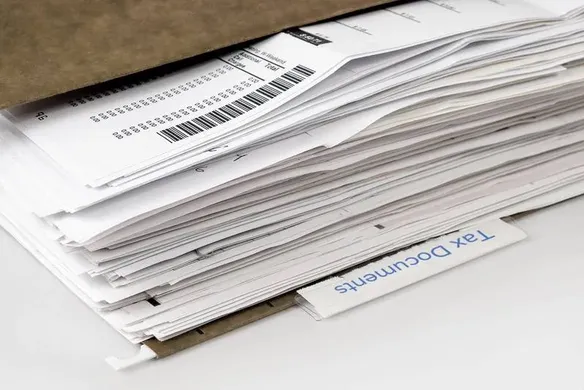Applying for a small business loan can be a daunting and discouraging process no matter what stage of business you are at.
According to data from the Australian Banking Association, in 2020 small business loan approval rates were fairly strong, with approximately 70% of business loan applications getting approved. Despite the relatively healthy business loan approval we saw last year, this still leaves a significant number of small businesses without funds, and often without answers on how to improve their odds of getting approved next time.
There are things you can do to potentially improve your odds of getting a small business loan from traditional financing sources. Below, we walk you through what you might need to prepare before you begin the small business loan application process. (As an alternative, Square Loans* offers access to small business financing that doesn’t require a lengthy, complicated application process and can give you access to funds faster.)
Here’s how to get a small business loan.
1. Gather and organise all your business documents
Regardless of the type of loan you’re looking for, there are a number of documents you should have in place before applying for a traditional loan from a bank or other small business lender. (Loans through Square Loans, on the other hand, don’t involve a lengthy application process.)
Here are the documents you should have at the ready (note that lenders may vary in the materials requested):
- Financial statements including P&L and projections
- Business and personal credit scores
- Personal identification documents
- Bank statements
- Related entity information, including for trusts or self-managed super funds (SMSFs)
- Copies of relevant legal documents including articles of incorporation, contracts, leases, and any licenses and permits needed to operate
You could also be required to provide the lended with your most recent tax returns, business activity statements (BAS) and other relevant documents supplied to you through the Australian Tax Office (ATO) portal.
Even if you’re not in the market for a small business loan right now, you can refer to the business.gov.au resources for helpful details to get you prepared.
2. Know how you’re going to use the money
Just saying “I need money to grow my business,” is probably not going to cut it. Before you decide to go for small business financing, make sure you know exactly what you’re going to use it for within your business.
A specific idea about where you’re going to put your funds to work – and how that use will help your business grow in the long and short term – is something small business lenders want to see. Getting clarity here will also help you analyse factors like interest rates and loan terms, so
you can decide on the right loan for your business.
3. Create a rock-solid business plan and register your business name
Many lenders want to see that you’ve thought carefully about your growth and operations strategy. That’s why a rock-solid business plan is such a crucial document in the small-business financing process. Lenders may look to your business plan to help them determine whether or not you’ll soon be in a position to pay them back.
You also want to make sure that you’ve registered your business name properly. You can’t get a small business loan without registering your business.
While qualifying for a loan through Square Loans doesn’t require a business plan, having one in place is a smart idea for any small business, especially when you’re just getting things off the ground.
4. Make sure you have good credit
A poor credit history makes it harder to get a small business loan. Square looks at whether or not you’re a healthy, growing business as part of the approval process. But to many lenders, your credit score can be the single most-important factor in their decision on whether to accept or deny your loan application.
Generally, banks may look at both personal and business credit history – so make sure that in both arenas, you’re making payments on time, spending well under your credit limit and keeping accounts open. Also, if you have no credit history, that could prove problematic for some lenders.
5. Have a handle on your cash flow
Cash flow issues are a top pain point for small businesses, especially those with large, upfront operational costs and equipment. But if you’re applying for a small business loan, you want to make sure you’re consistently staying above water with your cash flow.
When deciding on whether to approve a small business loan, lenders will want to assess the ratio of cash a business has readily available for servicing its debt. This equation lets lenders know whether or not your business will be able to pay them back (which is, of course, the top-of-mind question).
About Square Loans
Getting a business loan can be a complicated process – but it doesn’t have to be. With Square Loans, there’s no lengthy application, qualified sellers can get funds as soon as the next business day upon approval, repayment happens as a fixed percentage of your daily card sales, and the cost of the loan is a fixed dollar amount that never changes.
We want to make getting access to the funds you need to grow your business as simple and easy as possible.
This article is for informational purposes only and does not constitute legal, personal, or tax advice. The information contained herein is subject to change and may vary from time to time. For specific advice applicable to your business, please contact a professional.
![]()











